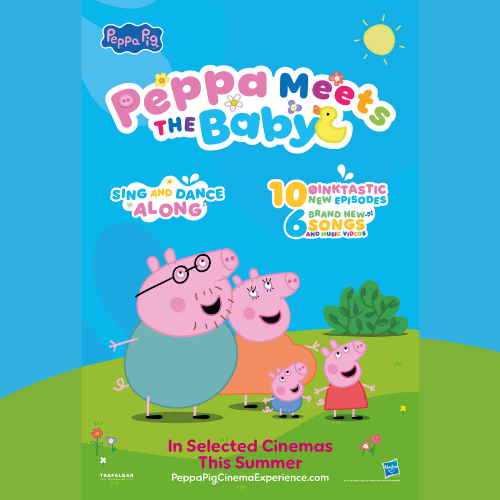Start Licensing’s Ian Downes takes a look at the old guard of companies which have mastered the art of selling direct this week.
Another week marooned on Lockdown Island. Another week that was lookout lite in terms of visiting shops. I do feel for shopkeepers at the moment, especially independent shops. Many of which are trying to operate in the online world, but face the challenge of getting their message out to people to shop with them. Must be tough to compete for attention in cyberspace and on search engines. I guess customer loyalty comes into play and doing ‘our bit’ locally to try to support local retailers.
Last week I flagged up a few companies like Nerdy Banana which has performed well during lockdown and made the most of the opportunities that smart digital marketing offer companies at the moment. It posted a very positive news update on LinkedIn this week – it is an interesting read and a good watch.
Thinking about the new wave of companies selling directly to consumers reminded to take a look at the old guard of companies which have mastered the art of direct marketing over the years again.
Companies like The Bradford Exchange and Danbury Mint (MBI) have long been experts at selling directly to consumers and using direct marketing to promote their businesses. They have adapted their businesses to reflect new opportunities, but essentially a core skill for them is knowing their audiences, knowing what they want and bringing them appropriate products. Over the years they have developed databases they can interrogate and use to create targeted offers – they will group consumers by interest, previous purchase and product preferences. It is a powerful tool full stop, but a very effective one when combined with licensing.

I took a quick online at current offers and products with an eye on their licensing output. There were some interesting highlights.
On the Bradford Exchange’s site there were three examples of licensed products that give a good insight into the reach of the company and its ability to tap into specific consumer groups’ interest.
For example it was offering an official RAF Canvas Bag. Retailing at £89.97, the product was marketed as ‘exclusively available’ through The Bradford Exchange. This is a key selling point for the direct marketing company. Exclusivity drives interest. Another string to its selling bow is that consumers can pay for items in instalments. This opens up this kind of product to a bigger consumer pool. This RAF product is a good example of Bradford Exchange tapping into two collector groups – aviation fans and military collectors.
In the Venn diagram approach to marketing it is good to get a good crossover of consumers.
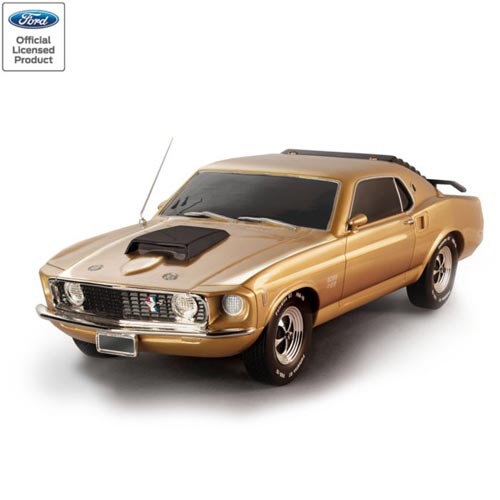
Cars and automobilia are also strong subjects. It was offering an ‘Officially Licensed’ gold-plated Mustang car model. Licensed by the Ford Motor Company. It is interesting to note that Bradford Exchange places a value on noting products are officially licensed. A term and status that presumably resonates with and reassures consumers. This is encouraging for our industry I think.
A third example I spotted was a Batman Commemorative – a collector’s medallion or token – it can’t be called a coin I believe, as it isn’t issued by a government Mint but it looks like a coin! These kind of collectables are perennials of the category, not least as there is a ready to buy audience for them but also they have a long tail to them – the collection can keep growing with new editions added to it. It is also marketed as a ‘limited edition’ that encourages consumers to purchase early on.

Meanwhile, Danbury Mint has developed a partnership with the Steiff company and as such is able to offer a range of Steiff bears and other soft toys for collectors. For Steiff this opens up a channel to collectors and gives it a platform to offer ‘special editions’ to.
For Danbury it allows it to promote a well known and trusted brand to its audience. One of the products in the current offering that stood out was the Steiff Dougal dog. One of the stars of The Magic Roundabout series, this looks like a really well made product and it is a great use of the character. Arguably The Magic Roundabout is a great example of a nostalgic brand that will benefit from this kind of shop window. It could be a stepping stone to other licensing activity.
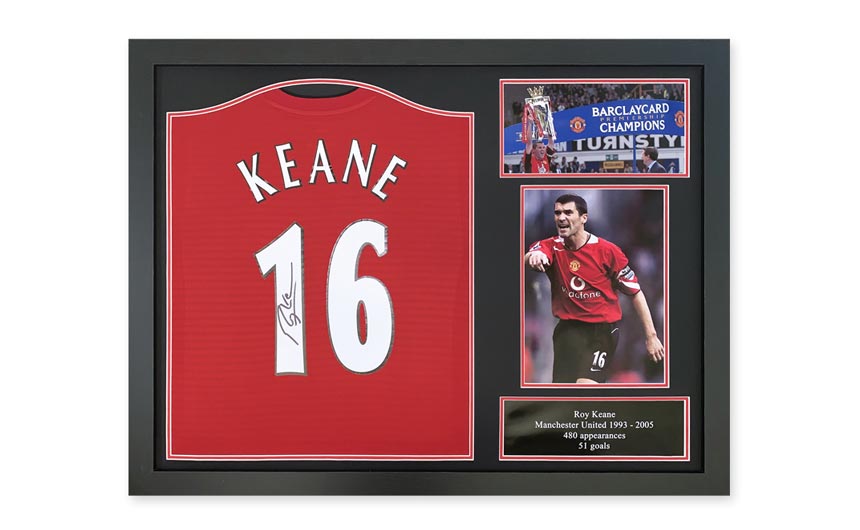
Sports and football in particular are a strong theme in this sphere. Football clubs have recognised that direct marketing companies provide an efficient way of reaching fans, especially those interested in the history of the club and its players. A great example of this was a framed Roy Keane shirt that was signed and accompanied with photographs. This is selling at £499 and, as such, is quite a niche offer, but it shows how companies like Danbury can provide an efficient platform to reach dedicated fans.
Likewise it is a secure trading platform for fans – they know Danbury is a company they can trust. Sports memorabilia can be a market open to fraud. Danbury also offers a range of lower priced sports collectables such as watches, for example a Celtic Nine in a Row watch. This is a limited edition and commemorates a specific achievement. This is a good example of how sports clubs can use a direct marketing platform to market special editions to mark particular achievements. These sort of products might struggle to find a retail home otherwise.
There are other examples of long-standing direct marketing companies which utilise licensing frequently. A number of these companies are focused on traditional collectables such as coins, medallions and stamps. Part of their strategy is to work with organisations such as The Royal Mint and The Royal Mail. They tap into their product releases and add to them to make ‘special editions’ but often develop their own standalone collections.
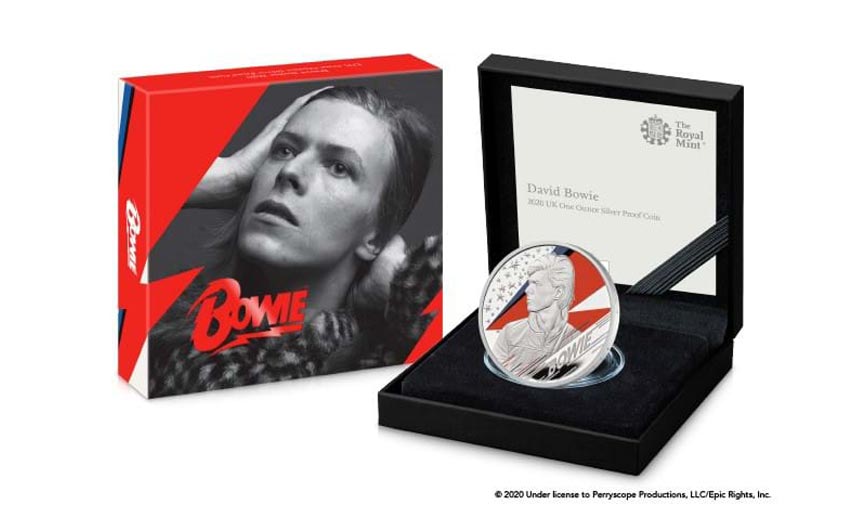
A good example of this type of company is The Westminster Collection. It is currently selling a proof coin from The Royal Mint featuring David Bowie. This is a 1 ounce silver coin. This is another example of how music licensing is becoming a more and more significant thread in licensing.
Another market that companies like The Westminster Collection tap into are gifts to celebrate the birth of a child. To this end it has a Peter Rabbit – My First Medal product. Again, a good example of matching a well chosen licence to a gifting occasion and being able to market this offer efficiently to consumers.
While it is refreshing to see new companies succeeding in licensing by harnessing the potential of digital marketing, it is also reassuring to see that traditional direct marketing companies are still thriving and using licensing as a core plank of their offering. It is worth having a cyber shop on their sites – you are very likely to find something you like and you may discover your inner collector!
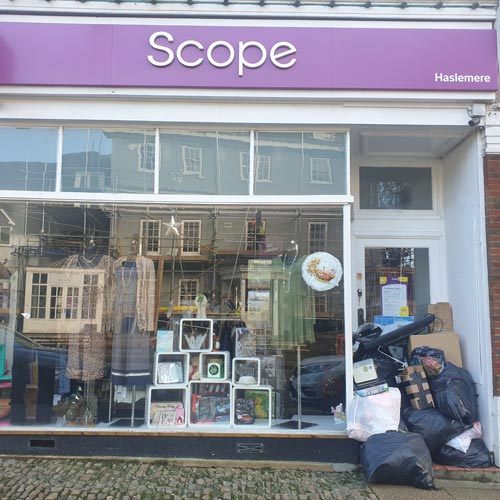
Finally, if it isn’t hard enough for small retailers at the moment, I noticed that a local charity shop has become a dumping ground for unwanted goods – literally piled up in the shop doorway.
I am sure this is not the behaviour of the average LicensingSource.net reader, but it is worth reminding ourselves that there are many local freecycling services that can find homes for unwanted goods and you don’t have to dump things outside shops.
I have managed to freecycle quite a few things during lockdown – it provides a feel good factor and can be done very safely.
Ian Downes runs Start Licensing, an independent brand licensing agency. His Twitter handle is @startlicensing – he would welcome your suggestions for what to look out for.



































